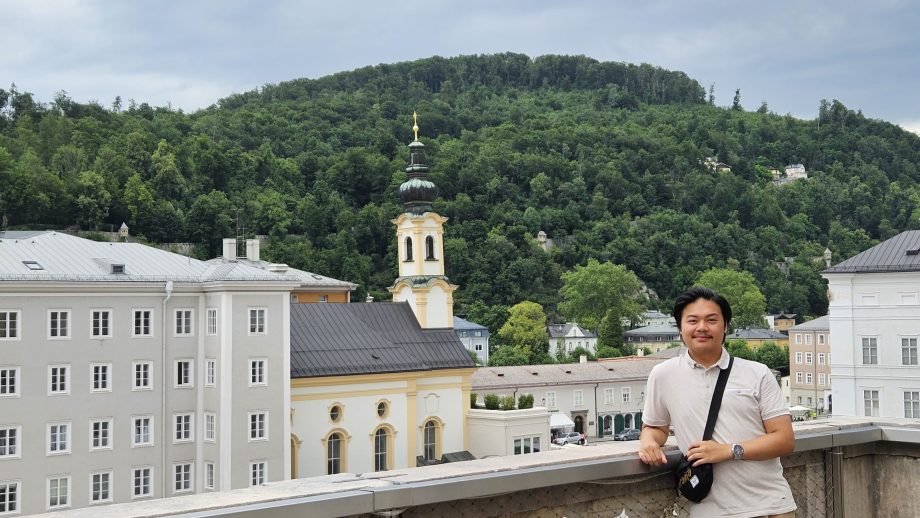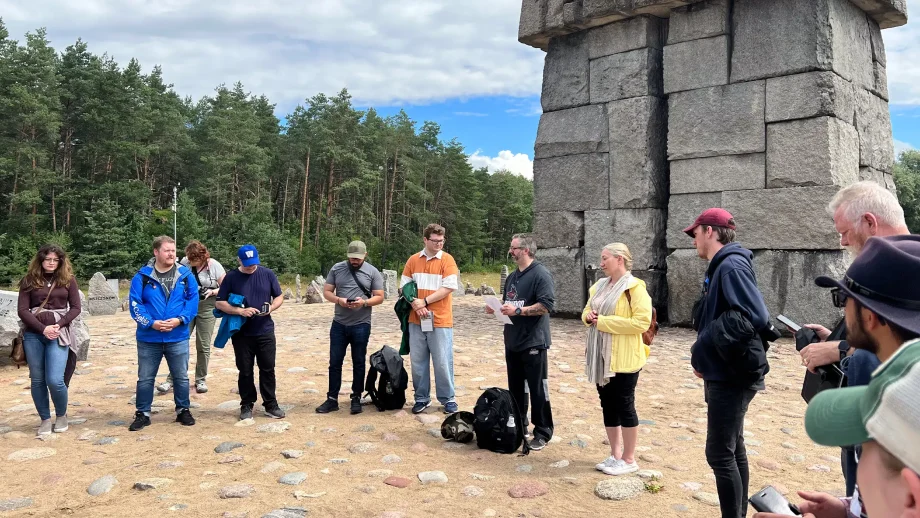The resource development boom underway in the North and specifically Nunavut requires a well-educated and skilled workforce. Nunavut Arctic College and The University of Winnipeg have signed a Memorandum of Understanding which will see graduates of NAC’s Environmental Technology Program transfer to Winnipeg to continue their educations and earn Bachelor of Science degrees.
The Conference Board of Canada forecasts that Nunavut’s economy will continue to grow at an average rate of 9.2 per cent over the next five years. Expertise is especially needed in the mining sector and for those who design and apply policies related to environmental management and protection, conservation and wildlife officers and lab technicians, among others. A diploma/certificate combined with a degree provides students with an enhanced academic foundation and technical expertise.
“The University of Winnipeg is committed to creating seamless pathways into post-secondary education for non-traditional students, recognizing it is our responsibility to be responsive to the real needs of today’s learner and the marketplace,” said Dr. Lloyd Axworthy, President and Vice-Chancellor, UWinnipeg.”This partnership with Nunavut is of particular significance as we have attracted expert faculty and dedicated students within our Richardson College for the Environment and Science complex which has a focus on research related to the global North, climate change, sustainability and Indigenous science.”
“This partnership will build on our more than 25 years of success offering quality environmental technology programming and training in Nunavut,” said Arctic College President Michael Shouldice. “Working together, our institutions will support valuable learning opportunities that support our students developing the skills and experience needed to pursue careers in the environmental sciences.”
Under the agreement, graduates of NAC’s program will be able to transfer up to 45 credit hours to UWinnipeg, obtaining credits for courses in Environmental Studies and Sciences, Geography, and Rhetoric, Writing and Communications. The credits will be applied to the 4-Year BSc program, Global Environmental Systems. It provides students with a broad range of knowledge and skills related to environmental issues and management.
“Developing opportunities to build human capacity in the environmental sciences is critical,” said the Hon. Paul Quassa, Minister of Education and Minister Responsible for Nunavut Arctic College. “As the mineral exploration and mining sectors of our economy continue to grow, so too will our need for a home-grown, skilled and qualified workforce.”
In June 2011, UWinnipeg was one of the signatories to a Government of Manitoba initiative to create greater collaboration between institutions and increased pathways for student learning, including articulation agreements, recognition of prior learning, laddering and bridging programs.
“Winnipeg is a great place to live and pursue studies and we’re excited to welcome students from Nunavut Arctic College to our community,” said Manitoba Education and Advanced Learning Minister James Allum. “I’m pleased the University of Winnipeg is playing a role in preparing students for career opportunities in growing fields such as resource development, wildlife conservation, environmental protection and parks management.”
Find out more about the Environmental Technology Program.
Find out more about the Faculty of Science at UWinnipeg.
Find out more about Environmental Studies at UWinnipeg.
– 30 –
MEDIA CONTACTS
Diane Poulin, Senior Communications Specialist, The University of Winnipeg
P: 204.988.7135, E: d.poulin@uwinnipeg.ca
Jamie Bell, Public Affairs Officer, Nunavut Arctic College
P: 867.857.8625, E: jamie.bell@arcticcollege.ca




